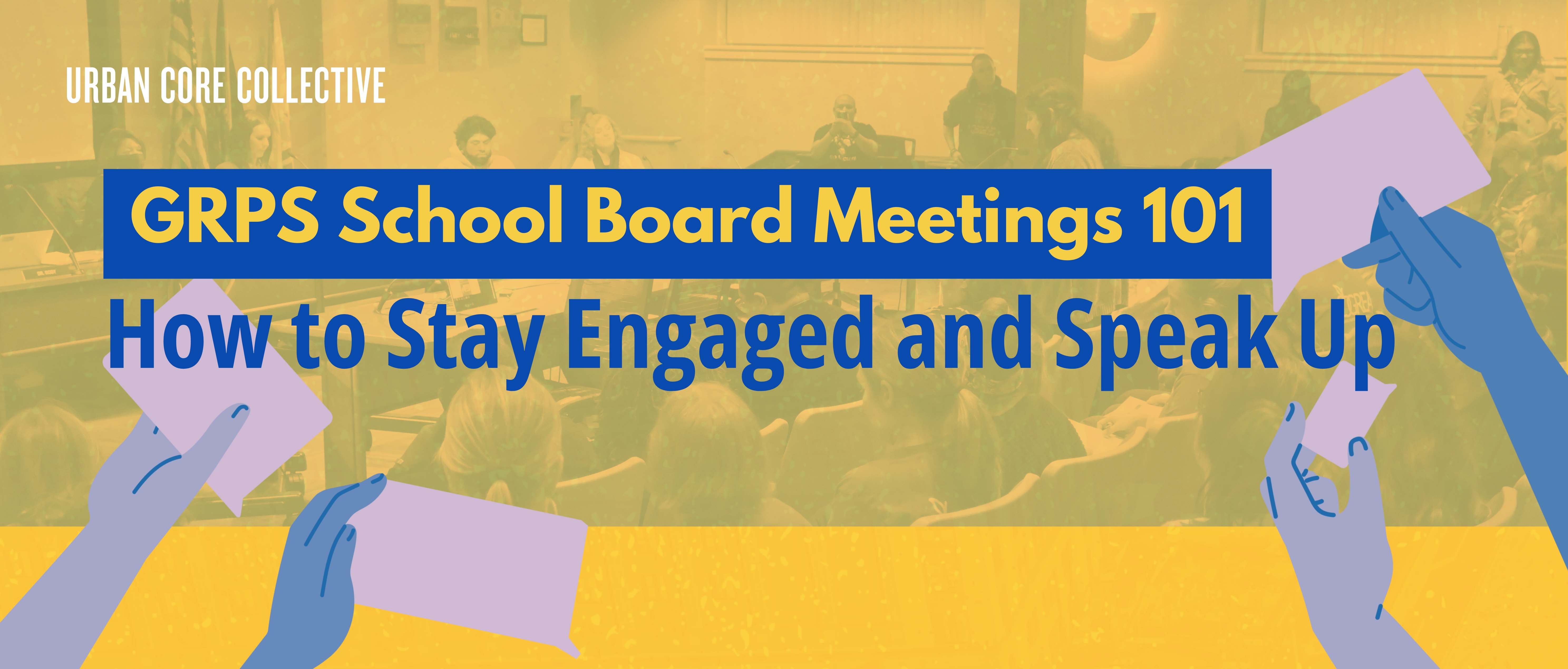Jordoun Eatman works as the Lead Neighborhood Connector and Projector Manager for the City of Grand Rapids, Michigan.
He’s always been interested in engaging civically in his community. For him this means making sure every resident of Grand Rapids has access to resources and opportunities, and an easy way to do that is by participating in every election.
The first time Jordoun voted was in 2008. He says he had heard so many of his aunts and uncles talk about how they never thought they would live to see a Black man in the White House.
“It was like experiencing history in real time. It gave me hope that we were really tackling some of our nation’s secrets,” he says. “It felt as if we were moving in a more progressive direction.”
Although Jordoun’s mother would take him to the polls during every election, it wasn’t until he was in high school and he joined the Mayor’s Youth Council for the City of Grand Rapids that he understood the power of voting.
“The council sparked my interest in politics,” he says. “There I learned it really is about who you put in office that impacts your quality of life, so it's important to make sure that you understand what they stand for.”
Since voting for the first time as an 18 year old back in 2008, Jordoun is very excited to participate in the upcoming General Election. For him voting is a way to decide how resources in our community will be divided.
“Every day our tax dollars go to our government and we rely on the people we vote for to determine how the dollars are spent,” he adds.
By not voting, Jordoun says, we concede and give our hardworking money away to people or programs that we don’t support.
“When we don’t vote we inadvertently support the people and the programs that don’t benefit us,” he says. “As Black and Brown people in America, we can’t afford not to vote. We must vote for people who have our best interest in mind.”
And Jordoun has seen his vote in action in local politics. “I have witnessed people I supported get elected and push for the change I want to see in my community of Grand Rapids,” he adds.
For Jordoun voting is about the change that one person can do. He says when people don’t vote they eliminate their opportunity to be a part of the change they want.
“We can’t expect to win with every vote, but if we don’t vote we can certainly plan to lose.”
Although Jordoun is encouraging everyone he knows to participate in the upcoming elections, he says he’s wary of the ways voter suppression and voter intimidation may take place in November.
Discrimination at the polls based on a person’s race, ethinicity, or national origin is illegal according to the Civil Rights Act and the Voting Rights Act of 1965, but that hasn’t stopped some in enacting practices that prevent citizens from voting.
According to a report from the Brennan Center, in 2008 the state of Michigan removed more than 1,400 voters from its rolls on the basis of undeliverable mailings. A federal court found the practice unlawful and ordered the state to restore the voters to the rolls.
In the state of Michigan, formerly incarcerated people are able to vote and no personal identification or driver’s license is needed to vote. But today voter suppression can manifest in preventing those without an ID from voting, arbitrary poll closures, restrictive laws prohibiting those with a criminal record from enacting their right to vote or preventing or discouraging citizens from voting by mail.
“For those who look like, for Black and Brown folks, voter suppression and intimidation is definitely a concern,” he says. “I've seen multiple groups on Facebook claiming they are going to mobilize on Election Day to make sure other people don’t vote.”
Jordoun sees his role in the upcoming election as crucial in ensuring members of his community understand the importance of getting out and voting.
“I am my brother’s keeper and that for me means making sure the people in my circle are registered to vote and exercise that right,” he explains. “Whether it's calling them and reminding them to register, or driving them to the polls on election day.”
This election, Jordoun plans on casting his ballot in person during early voting by going to the City of Grand Rapids’ Clerk Office.
“Voting early helps me have the certainty that my vote is counted and received so I don’t have to be wondering whether my vote counted,” he says. “I will have proof that it did and I will avoid the lines and any unnecessary exposure to COVID-19.”
In Michigan, voters have the choice to vote in-person at the polls on Election Day or to vote early, either by casting an absentee ballot from home or in-person at their local city or township clerk’s office. All registered voters are eligible to vote early.
Written by Michelle Jokisch Polo
Photos by ACT Photo Media




.png)

